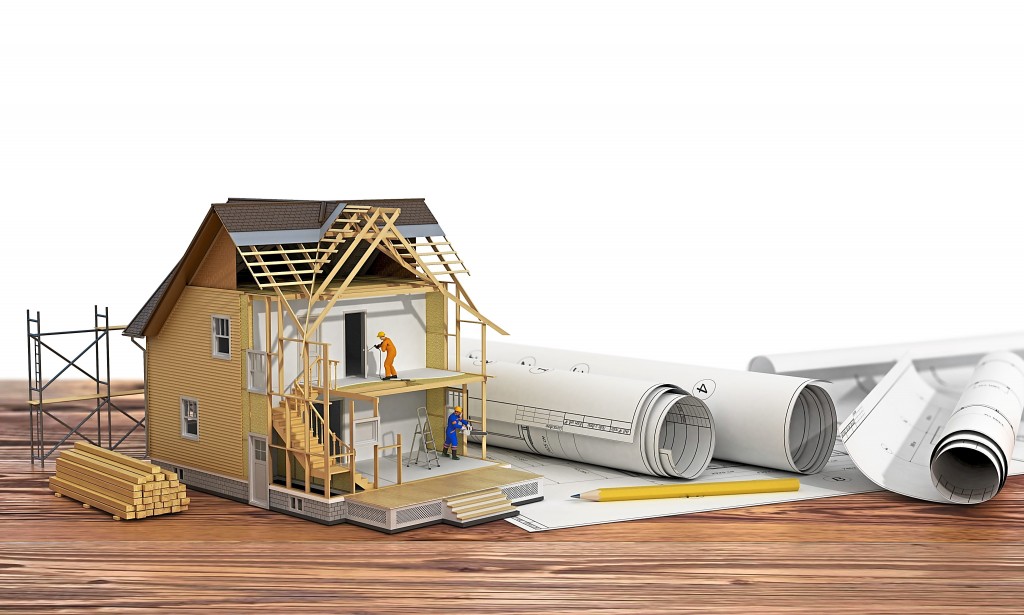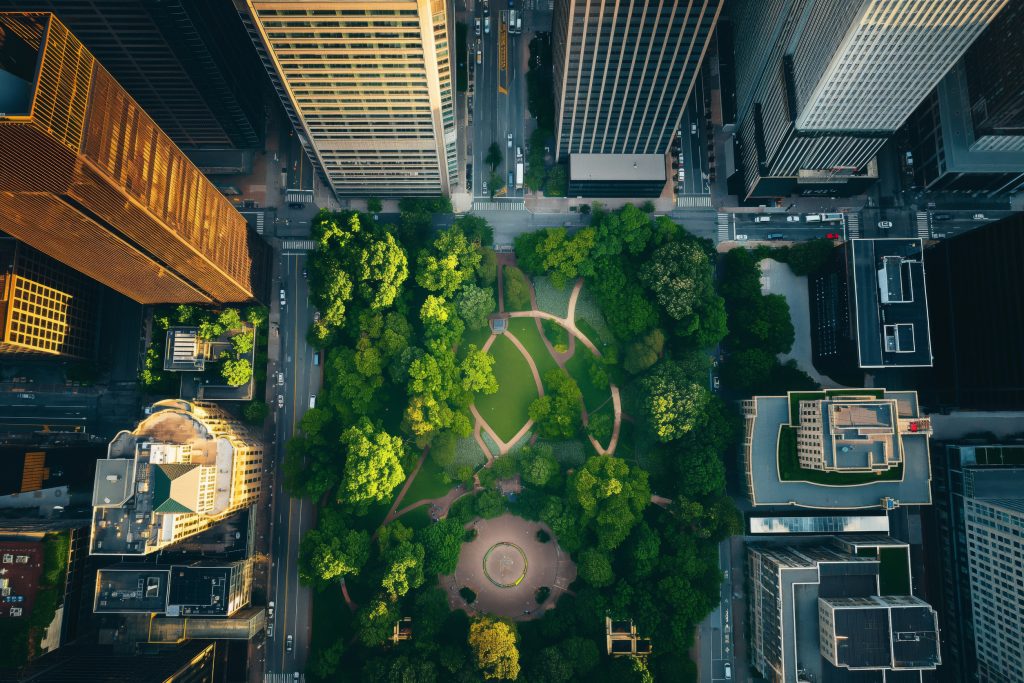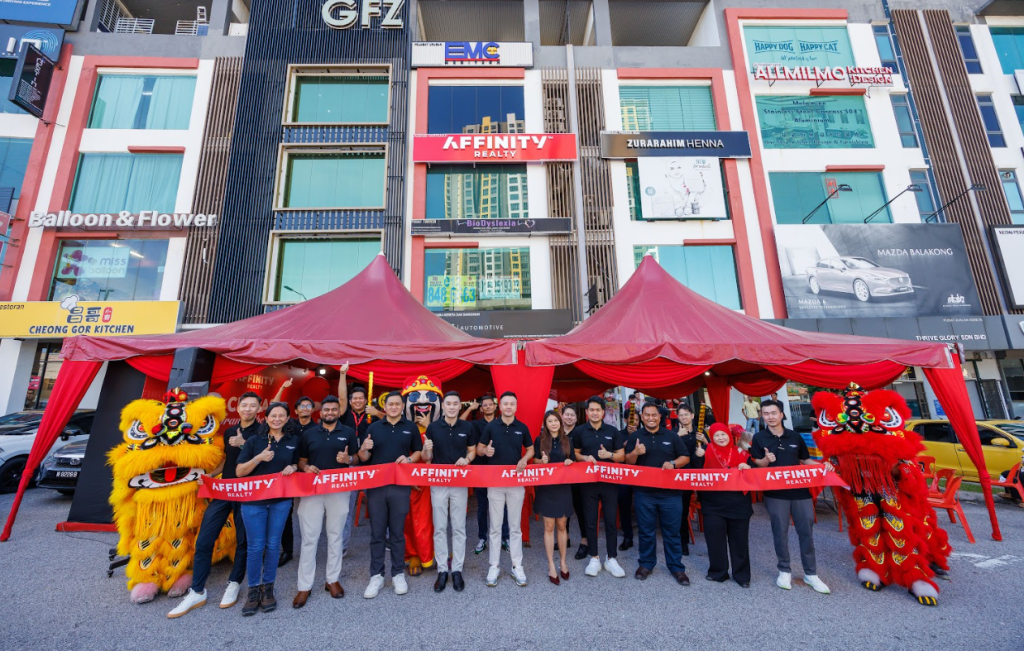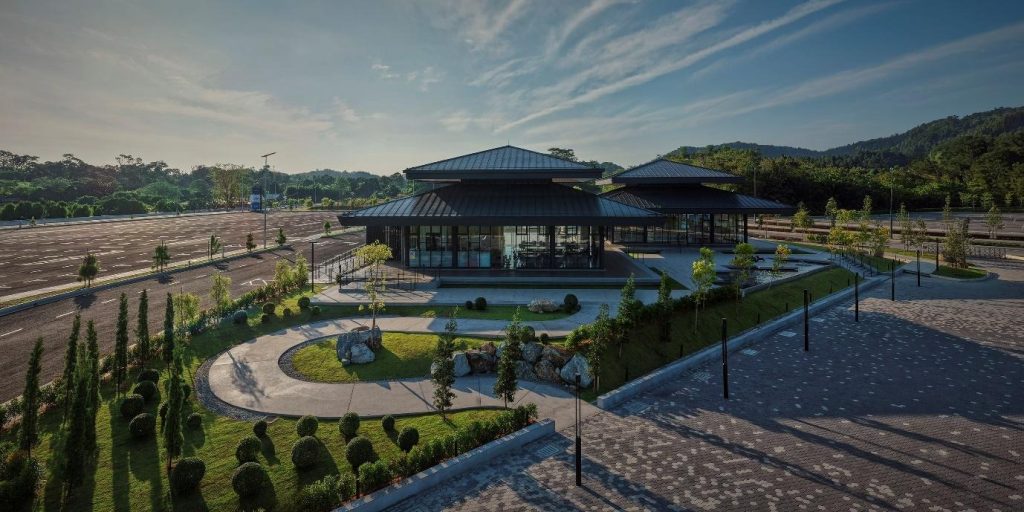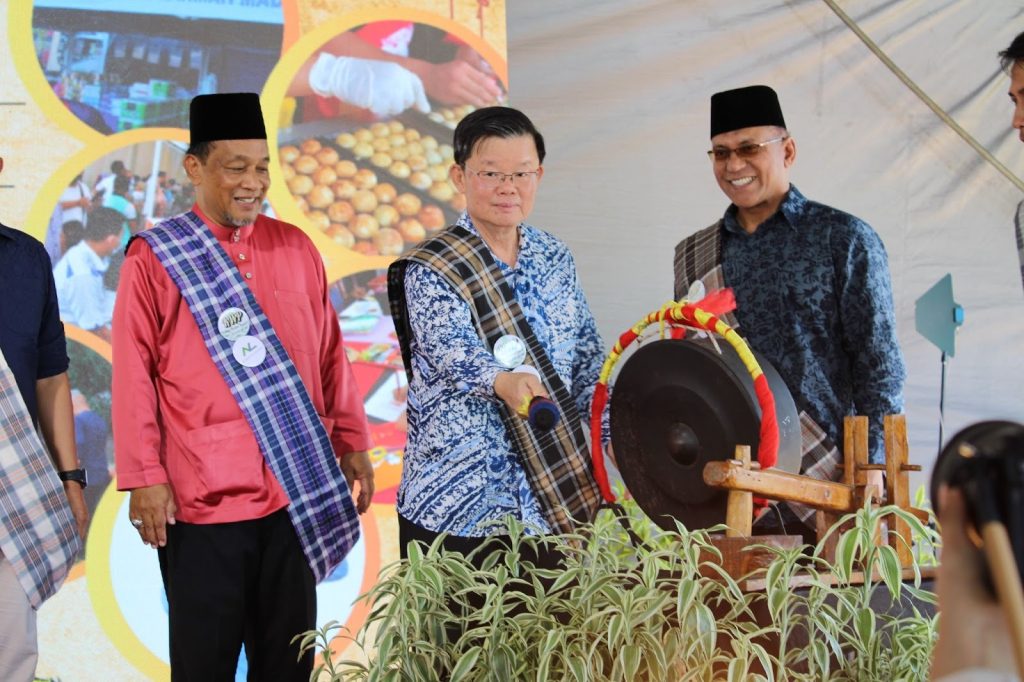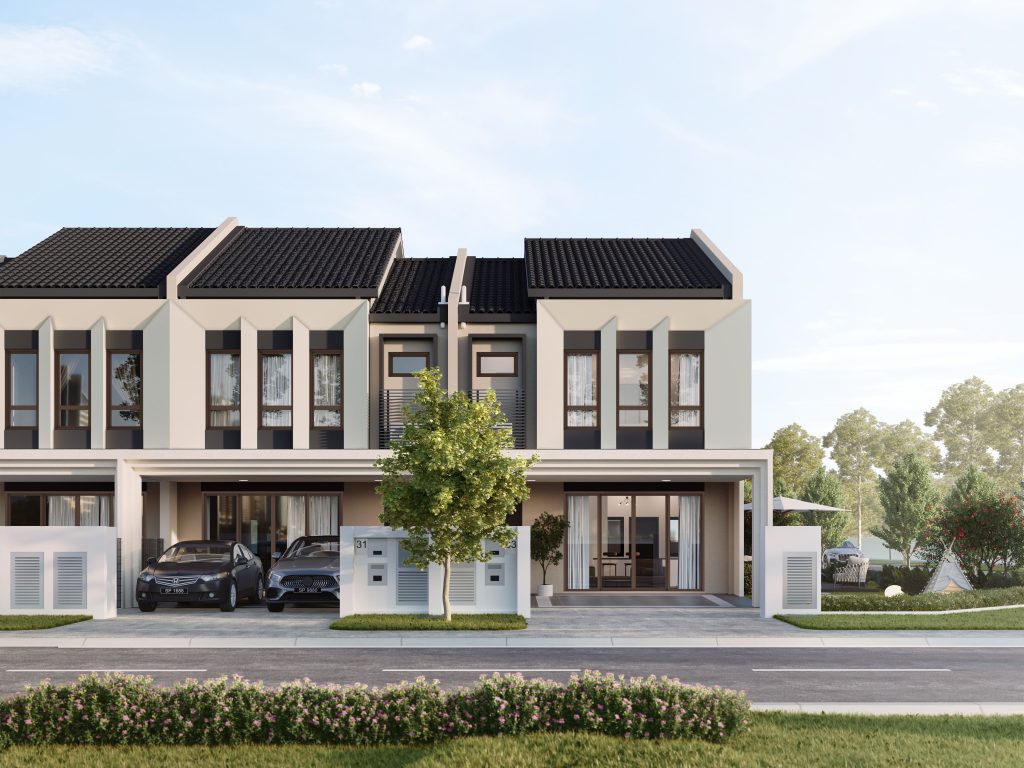A slew of changes are set for the property sector
By Joseph Wong and Vigneswar Rajasurian
The Covid-19 pandemic is continuing to change the face of normalcy in unprecedented ways. This highly infectious disease which wreaked havoc across the globe and has infected nearly 74 million people and killed over 1.6 million as of Dec 16. While uncertainty and confusion continues to reign, the only certainty is that the world will not be the same even if a cure is found. As the world reaches its ninth month grappling with the virus and its impact, the nation’s property industry struggles to deal with the fallout.
Other industries are equally affected but it is the property sector that is reacting to the pandemic a little more than others. This is because suddenly millions of the nation’s population were suddenly given a fresh take of how important a home actually is. The movement control order (MCO) forced just about everyone to be confined to their homes, whether they are young or old. And it was during this period that both owners and renters discovered what is lacking or obsolete in the post-coronavirus world. In response, many developers are rapidly rethinking their future projects. Projects under construction are being re-designed and redrawn. Changes and tweaks are made solely due to a shift in demand.
More than surface changes
The new frontier that every developer seems to agree on is re-assessing the construction materials from a health and sanitation standpoint to the supply chain perspective. This change is more than just skin-deep. It will bore right into the heart of construction from the drawing board to the choice of building materials. The priority, now more than ever, is to create sanitary and safe environments that people can enjoy.
“To combat the pandemic threat, building materials could incorporate antimicrobial polymer surfaces, copper and alloy or low dust retention fixtures and fittings.
“According to studies, the virus stays on copper for only 4 hours. It lasts for 24 hours on cardboard and two to three days on plastic and stainless steel. Optimally 5 to 10% of the premises need to be designated for ventilation purposes to reduce the possibility of infection,” said Our Hong Kong Foundation Ltd land and housing research head Ryan Ip.
This new trend is not just among developers and contractors but also among Homeowners. “Based on observations, especially when the MCOs began to ease, there has been an increase in paint consumption as individuals take on home renovation projects as well as DIY (do-it-yourself) initiatives to makeover spaces or items within the household,” said Nippon Paint Malaysia assistant general manager Datin Wong Meng Lee. The pandemic has increased the general public’s awareness and market demand for coating solutions which benefit the health and wellness aspects has seen an increase, she said.
“This includes paints that are low in volatile organic compound (VOC) as well as anti-viral and anti-bacterial coatings. Additionally, the unprecedented times brought about by the Covid-19 pandemic revealed the creative side of Malaysian homeowners,” she said.
In terms of township, active transport forms should be promoted instead of the enclosed space of the light rail transit (LRT) or mass rapid transit (MRT), Ip said. “This can take the form of bicycles or improved connections for walkability. Cities should also reserve capacities like land, material, and monetary funds for contingency uses. An example would be the erection of temporary isolation flats and test centres to avoid a crisis,” he said.
Infusion of tech solutions
Technology innovations is seeing a spike as developers look into containing areas where the virus can spread. “Now we could find contactless tech solutions ranging from the outermost to the innermost of property developments. Homes are now being equipped with many hands-free tech. Some good examples are wireless smart voice assistant devices such as Google Home, Alexa and Homepod,” said Perfect Smart Touch Solutions (Smartouch) CEO Arivendran Sivanyanam.
He pointed out that commonly touched areas like door knobs and handles are touched by several people, which makes these spots the most susceptible to germs and bacteria collection. “A simple-yet-productive solution is placing a gesture sensor to allow access for automated doors in common areas,” he said, adding that automated doors can also be implemented in a simplified version for existing homes.
For actively common spaces such as gyms, he said sensors will act as a trigger point to automate the lights and air conditioner. Other existing technology that can be used includes QR code which can be used to register visitors and facial recognition technology for homeowners, he said. “Therefore, touch points will be reduced,” he said.
It’s still basics
Certainly, the demand from property buyers has seen a shift although the basics remain the same. Association of Valuers, Property Managers, Estate Agents and Property Consultants in the Private Sector Malaysia (PEPS) president Michael Kong said the general demand for features, pricing, layout or any other selling point remained mostly unchanged.
“In general, landed residential properties are still the favourite. However, within different locational sectors, the types of property differ due to various other factors and considerations.
“For instance, within urban KL location, stratified developments are preferred due to limited landed property offerings as well as price considerations,” he said.
“At the outer fringe of KL, lifestyle developments are more favoured as it gives a luxurious resort living and back to nature feeling. In the past, we see a lot of mega township developments that offer generous infrastructure, luxurious resort lifestyles and green or eco environment living,” Kong pointed out.
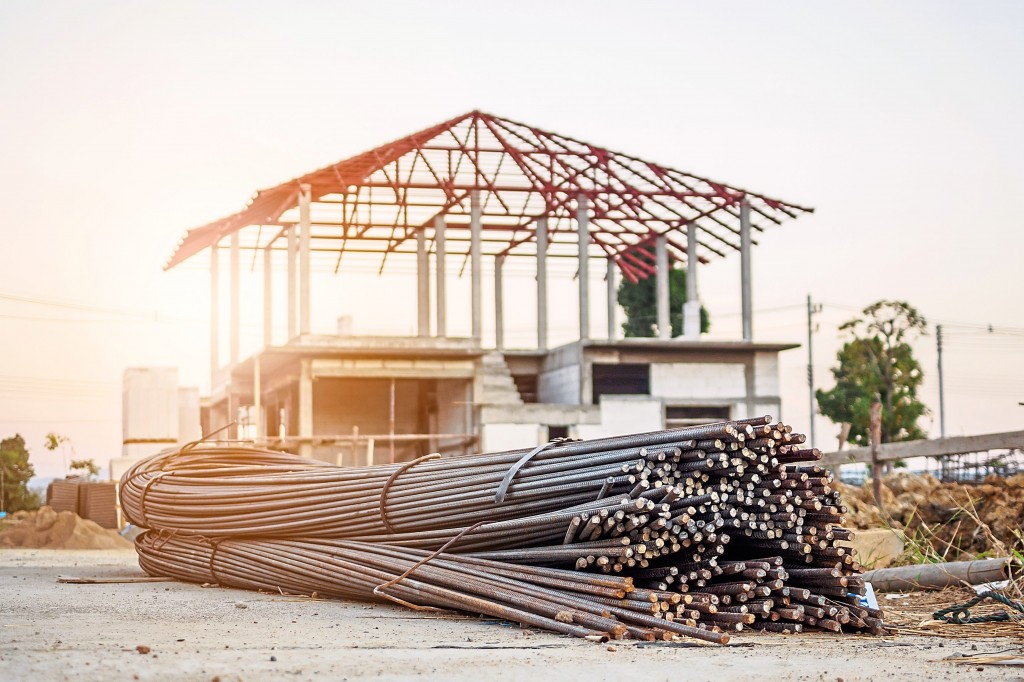
To combat the pandemic threat, construction materials could incorporate anti-microbial polymer surfaces, copper and alloy.
One noticeable change is that developers are now less eager to embark on large scale developments anymore and prefer smaller pocket developments, he said. As for the millennials, Kong said they generally prefer strata properties, which are smaller and easier to manage than landed properties.
“In addition, they prefer developments within urban and modern areas with sufficient amenities and facilities. Proximity to the workplace is also a major consideration to millennials who spend a large part of their time working and socialising with friends, colleagues and business associates,” he said.
Millennials seem to want smaller units that are tech savvy, added Rahim & Co International Sdn Bhd chief executive officer Siva Shanker. “They are also conscious of the look and feel, branding, and are interested in the various services that the development can offer. Integrated development appears to be the choice where there is a shopping centre downstairs and an LRT station across the road,” he said.
For families, landed properties with larger and more spacious layouts that come with extra room and study that can be converted into a home office is preferred, said University Malaya associate professor Dr Rosli Said. With physical distancing in mind, many are opting to shift away from the KL city centre and the Klang Valley hotspots as these are more densely populated areas, he said.
Going digital
During this tumultuous time of the Covid-19 pandemic, countless companies have reevaluated their operations and have taken the obvious route: going gigital. Going digital refers to moving from in-person contact to online and while this method of doing business has virtually exploded especially with the service related industry like food delivery and grocery shopping, the property sector is also using the digital platform.
There are already numerous virtual property fairs in the market in oppose to physical fairs that were held in the recent past. Developers have virtual showrooms which potential buyers can visit from home or at the click of a button just about anywhere. Webinars and consultations can be made through numerous platforms. This online push would likely have not been as effective had it not been for the pandemic. Following the success of developers going digital, property related industry players are going on the online platform.
Taking a leaf from home furnishings Ikea, smaller players are selling do-it-yourself (DIY) furniture like tables, chairs and benches that can be compacted and shipped out. Others like Nippon Paint Malaysia also embarked on the opportunity to launch the industry’s first online store to ensure a seamless and safe shopping journey for its consumers.

The unprecedented times brought about by the pandemic reveals the creative side of Malaysian homeowners , said Wong.
“The Nippon Paint E-store enabled consumers to shop from the comfort of their own homes, with the convenient process of having coatings solutions delivered right to their doorstep,” said Nippon Paint Malaysia assistant general manager Datin Wong Meng Lee. Perfect Smart Touch Solutions (Smartouch) CEO Arivendran Sivanyanam pointed out that the drivers for his trend are the consumers.
“The demand for smart home technology has tremendously increased. Being in the industry, we have realised this and took a swift to work closely in property developments where contactless smart home tech should be a necessity among the society,” he said.
While property developers are more likely to infuse such solutions into new developments, it is the buyers who are demanding for homes that promote a healthier and more hygienic living, he said. “In less than five years’ time, most developments will be hands-free ready where it is completely automated. This includes residentials and commercial developments,” he said.
Stay ahead of the crowd and enjoy fresh insights on real estate, property development, and lifestyle trends when you subscribe to our newsletter and follow us on social media.

